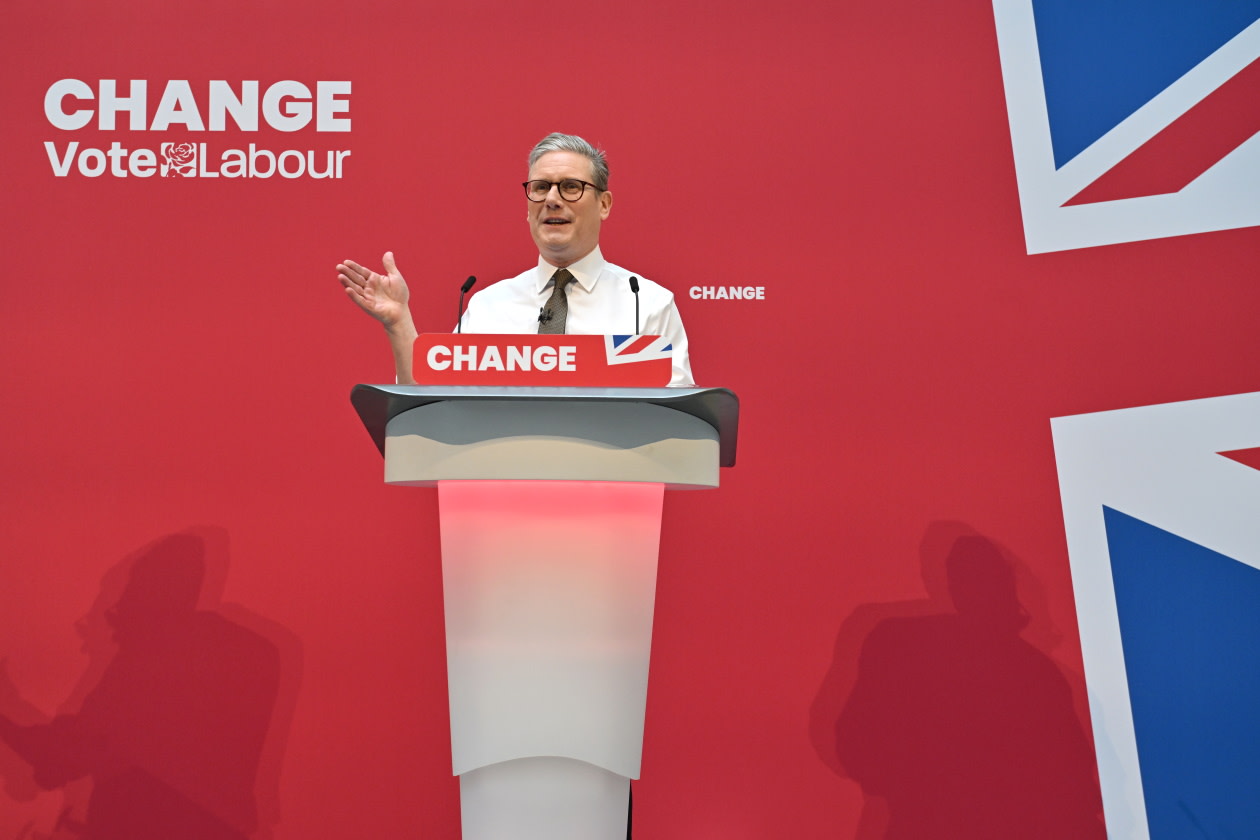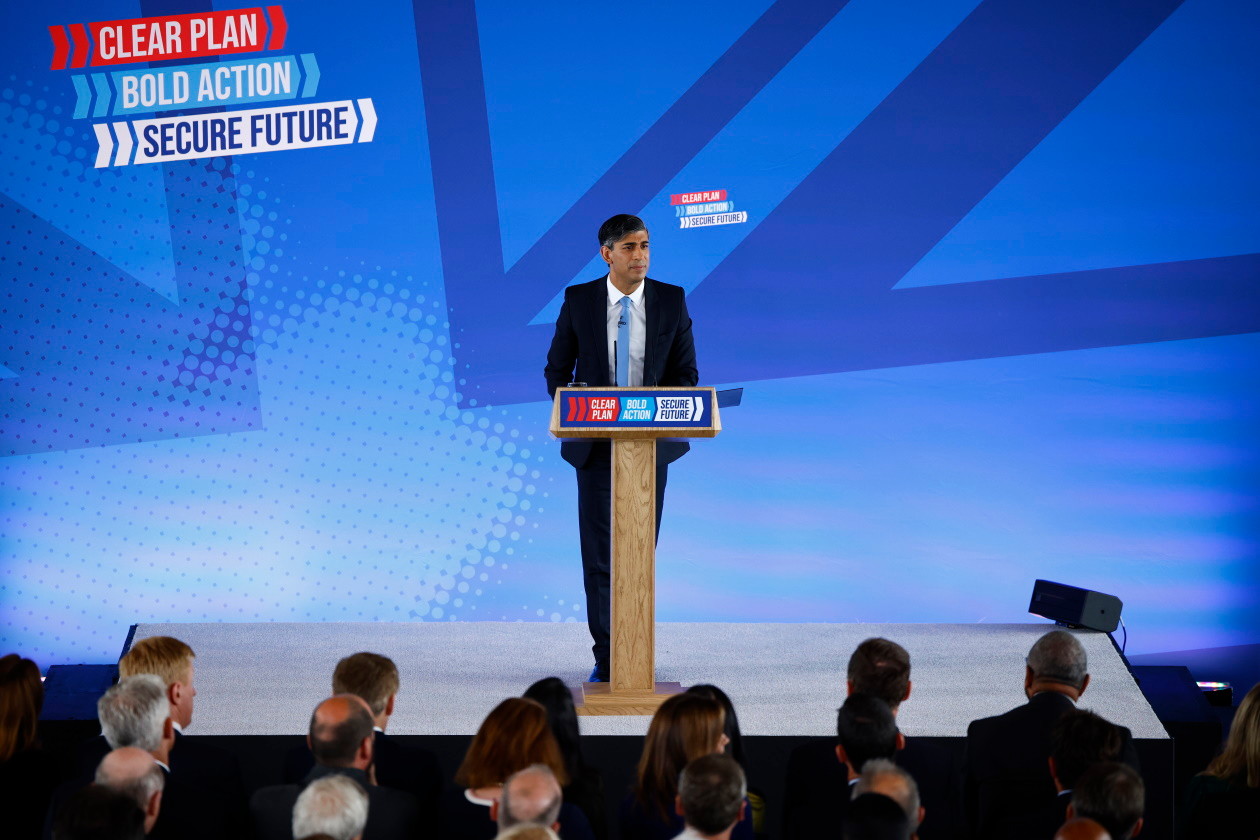Chatter around the 2024 General Election result and how investors will be affected is ramping up again. While you need to take them with a pinch of salt, the latest opinion polls are showing Labour with a 20-point lead.
Although the impact on financial markets is likely to stay minimal, especially if the current poll predictions materialise. Even a Labour super-majority is unlikely to dramatically unsettle investors.
A super-majority would enable the new government to get on with their agenda, and this has largely already been digested by markets.
But, anything other than Labour dominance is more likely to be unnerving given the heavy expectations.
A closer result could weaken the position of Keir Starmer and his ministers, hampering their ability to drive the change they want.
But what else can investors expect from the General Election results?
This article isn’t personal advice. All investment rise and fall in value, so you could get back less than you invest. If you’re not sure if a circumstance is right for you, ask for financial advice.
Get our latest insights on what the General Election could mean for you and your money.
Keeping the bond markets calm
Shadow Chancellor of the Exchequer, Rachel Reeves, has made it clear that she intends to be economically responsible. Primarily with a focus on stimulating long-term growth, rather than immediate boosts to consumer spending power.
She wants to avoid sparking the kind of bond market turmoil that erupted after former chancellor Kwasi Kwarteng’s mini-budget.
It’s why there were no surprise announcements in the manifesto, with Labour being careful about pledging changes to spending or fiscal rules that could rattle financial and stock markets.
The priority will be on keeping the waters calm in the aftermath of the election, even with a super-majority.
There might be some minor announcements before an expected budget in the autumn in a bid to build trust.
There’s more risk of market turbulence after a few years of a new government bedding in. Especially if the economy takes a turn for the worse and the tax take dips.
It would be very hard for Labour to cut services and do anything drastic with public spend as the fiscal belt is quite tight. But Rachel Reeves has suggested that in the future, borrowing rules could distinguish between day-to-day spending and investment to propel long-term growth.
This has the potential to loosen the purse strings to further support partnerships with the private sector, above and beyond the current manifesto commitments.

So far, these indications don’t seem to have upset the debt markets, with bond investors appearing to be more interested in interest rate speculation.
With valuations sitting lower partly due to the effect of Brexit, a Labour win could help – mainly because of their manifesto pledges for closer trade ties between the UK and the EU and less of a focus on regulatory divergence.
What about a coalition and is this the end of a British ISA?
A coalition government or a minority one could be unsettling for investors.
This would result in more uncertainty and it could hamper the winner in bringing their agenda forward.
A coalition could also hold back investment due to the need to integrate other parties’ promises made on the campaign trail.
However, pledges on certain sectors like tougher fines for water companies would still likely not be rolled back given recent public outcries.

There’s also been a lot of talk about the potential of a British ISA to help kickstart more investment into the London Stock Exchange – however, there was no mention of it in the two main party’s manifestos.
Both Labour and the Conservatives have said they want to encourage saving and investing. But they could do this by raising the overall ISA allowance, rather than introducing another ISA as another layer of complexity.
If the aim is to make investing in UK shares more attractive, there are other measures which could be used too.
All too often, retail investors are cut out of Initial Public Offerings (IPOs) and secondary capital raising rounds.
There was also no mention in the manifestos of cutting stamp duty on UK share purchases or increasing the dividend or capital gains tax allowances, which might disappoint some investors.
Questions remain about whether Labour could increase capital gains tax in the future. It’s still far from clear if this would happen and what form it would take. But this could ruffle some feathers depending on the outcome.
The NatWest share sale
Although the NatWest share sale has been put on ice, because of the General Election campaign, it was mentioned in the Conservative manifesto as still being part of the plan.
It didn’t come up in Labour’s manifesto but there are hopes it will still progress.
Schemes like this have the power to encourage new investors, so ideally this will be revisited.
Research from HL shows that past privatisation schemes brought in newcomers and super-charged investing habits for many novice shareholders.
A quarter of people say they invested in privatisations between the late 1970s and 2014. Of this group, a third of people (34%) still hold at least one of the companies they invested in. So schemes like this do have the power to incentivise people to start on an investment journey.
Ultimately, the attitude investors should take amid some uncertainty about what could lie ahead under a new administration is keep calm and carry on.
Keep your eye on long-term goals, and stay diversified across a range of sectors, asset classes and geographies.
Sign up to our Editor’s Choice email and we’ll send you our top stories from the week, every Saturday morning – including all our latest insights on the 2024 General Election and what it means for your money.






